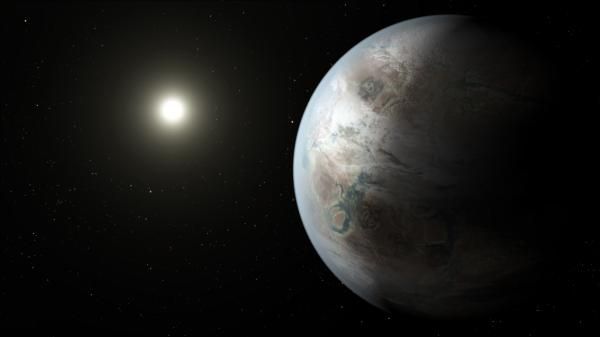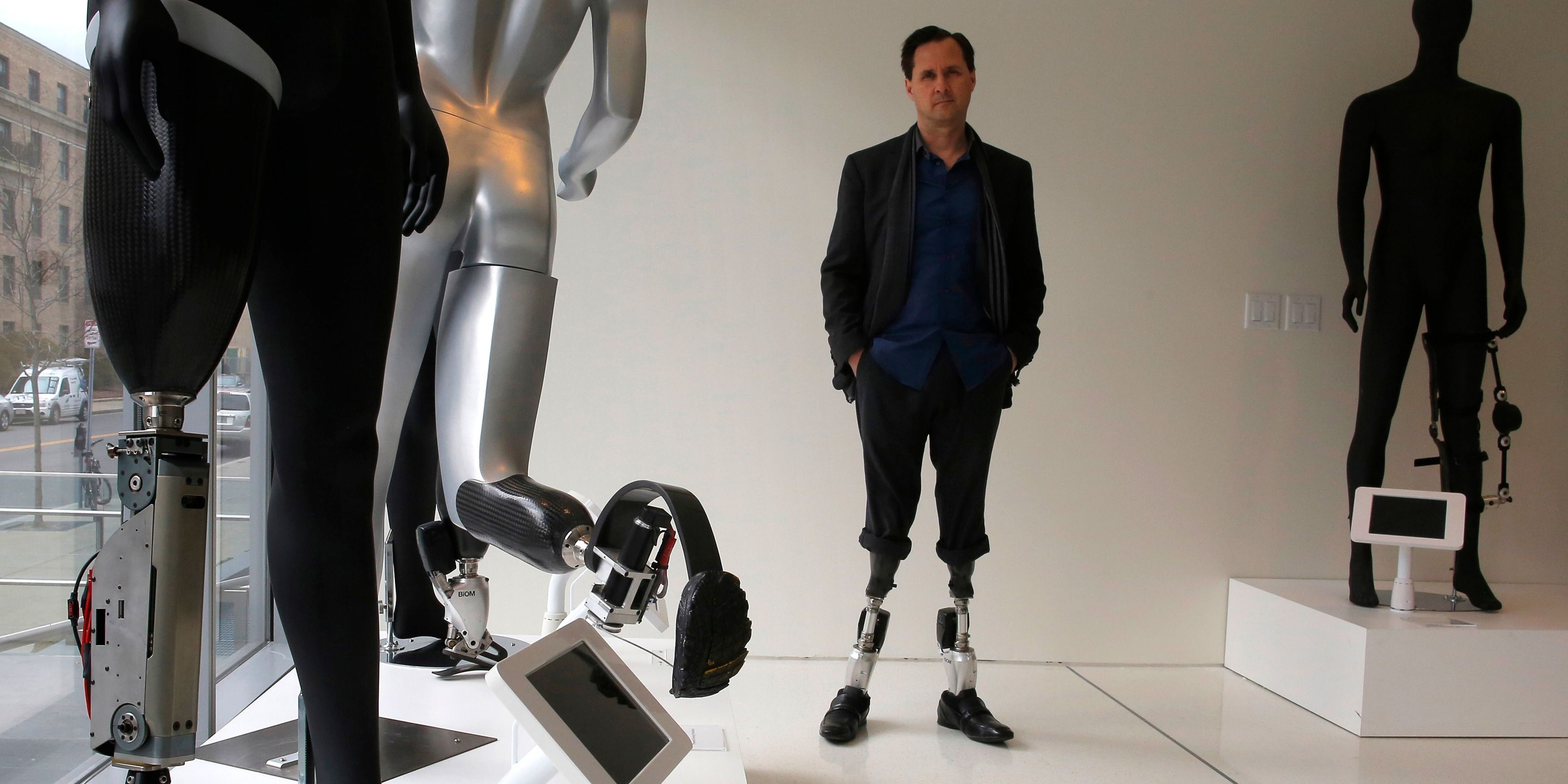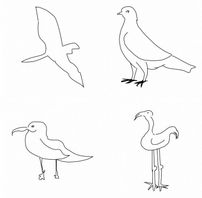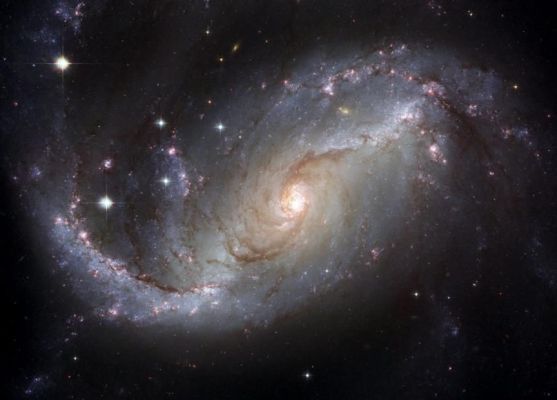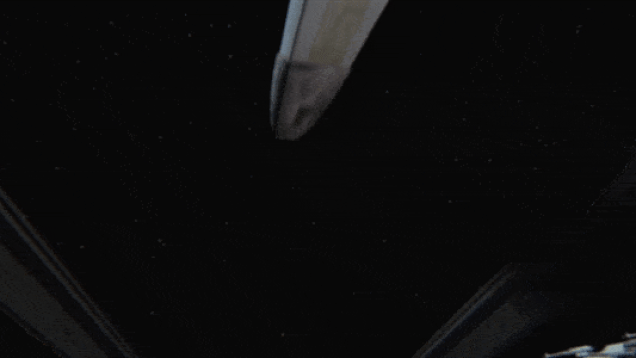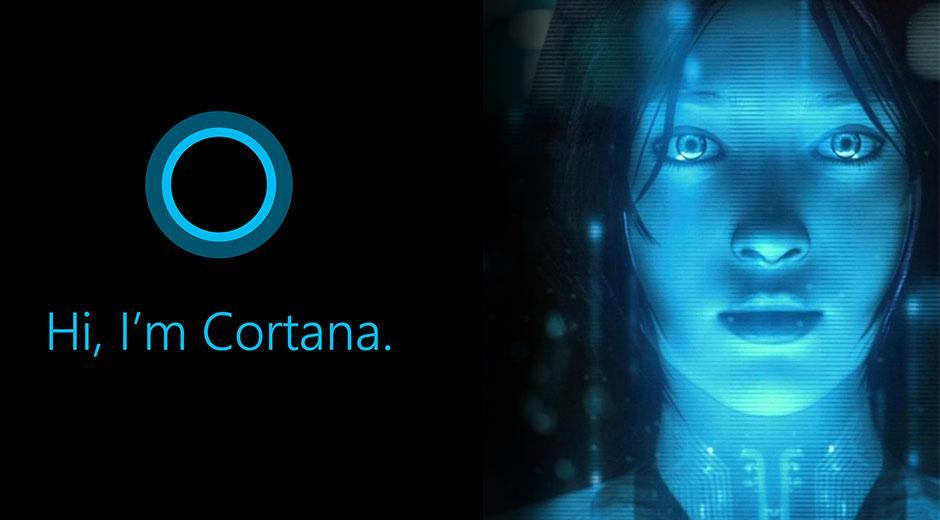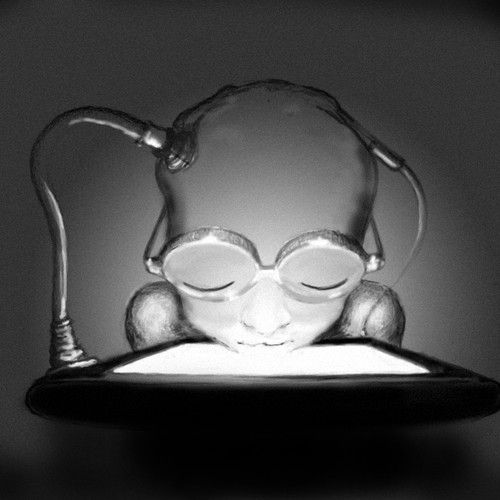By Irene Klotz CAPE CANAVERAL, Fla. (Reuters) — A planet believed to be remarkably similar to Earth has been discovered orbiting a distant sun-like star, bolstering hopes of finding life elsewhere in the universe, U.S. scientists said on Thursday. The planet, which is about 60 percent bigger than Earth, is located 1,400 light years away in the constellation Cygnus. It was discovered by astronomers using NASA’s Kepler space telescope and circles a star that is similar in size and temperature to the sun, but older.
